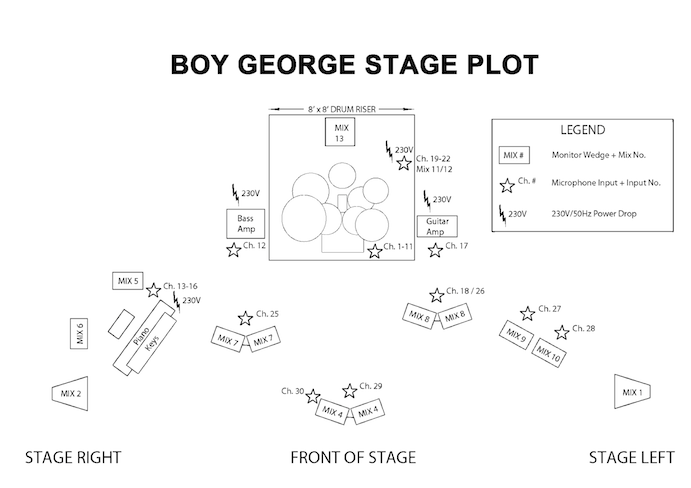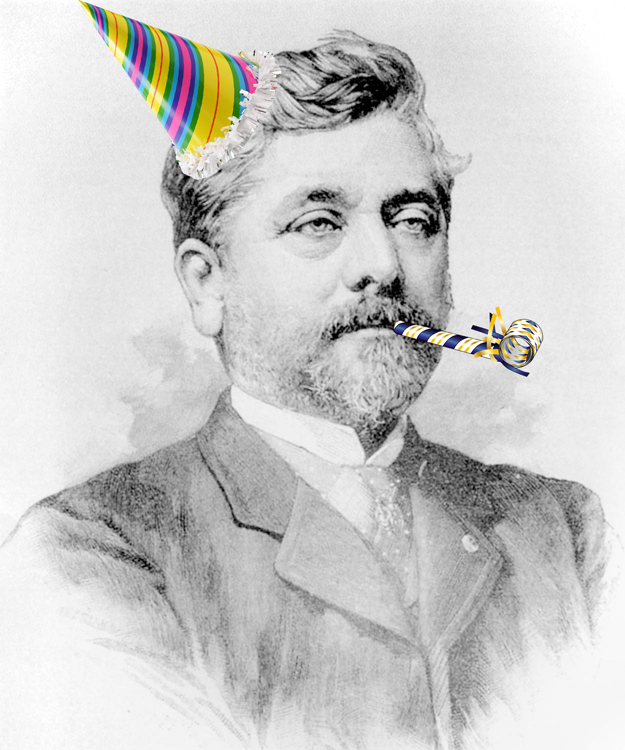They were ok.
The thing that struck me was the drummer.
He was both awesome and terrible at the same time and here is why.
As a standalone drummer he was great, technically highly proficient, perfect timing and he knew all the tricks. The problem was that he used all the tricks all the time. It was a constant barrage of flicks, drops and rolls which during a drum solo would be cool but all the time through the whole song was totally distracting.
It was almost as bad as this guy:
I've always thought that the mark of a really great musician is that you only notice how awesome they are when they stop playing. Overplaying is a bad habit to get into and is usually the mark of someone trying to prove how awesome they are.
I personally love it when a great musician does really simple things exceedingly well and then every now and then when you least expect it pulls something out of the hat that is just pure genius. Its like toying with the audience, holding it all back and then letting it all go for just long enough for you to be blown away and then pulling it right back again to simple.
The empty space in music is just as important as the notes that are played. The odd trick here and there is cool but if the entire extent of your musical repertoire is a constant stream of trick after trick it soon becomes tiring. Not only that, it detracts from what the other musicians in your band are doing. In the video above, the bass player is actually really good but nobody will remember him for his performance because the drummer stole the show. If your playing constantly steals the show, then you are unlikely to be called upon to play with other musicians very often and your career as a session musician is unlikely to grow.
The most successful session musicians make it their priority to make the rest of the band look and sound amazing but every now and then do something that blows you away. More often than not this involves the absence of things as opposed to filling up the mix with notes.
Probably one of the best examples of this is the bass player Pino Palladino. Pino is one of the most highly regarded bass players in the world. He is the most famous bass player you never knew because his name is rarely in lights. He plays with everyone who is anyone, in the bands of some of the greatest, yet you will hardly seem him in the live videos and you will rarely see him do a fancy solo with a million notes in it.
Are there more technically competent bass players in the world - undoubtedly.
But Pino is an absolute master in simplicity. He is amazing because you know that if he wanted to he could bust out the most technically complex bass lines you have ever heard, but instead has the self control to not play where others would go nuts. It is this self control that see's him get call after call from the very best of the best musicians in the world asking him to play session bass in their bands.
Rather than filling up the page with more words, I'll let Pino do the talking with his amazingly bass playing.
Here he is showing how empty space and simplicity make a great bass line.
Now for something completely different, here is playing session bass with "The Who" and check out the bass solo.
A total style flip again playing some R&B with D'Angelo.
You might struggle to see him in this one, but he is there playing bass with David Gilmour / Pink Floyd.
Hiding out again, this time with Eric Clapton, Mark Knopfler and Phil Collins.
Here is one of the few occasions where he totally lets loose and shows how stunningly good he really is.










